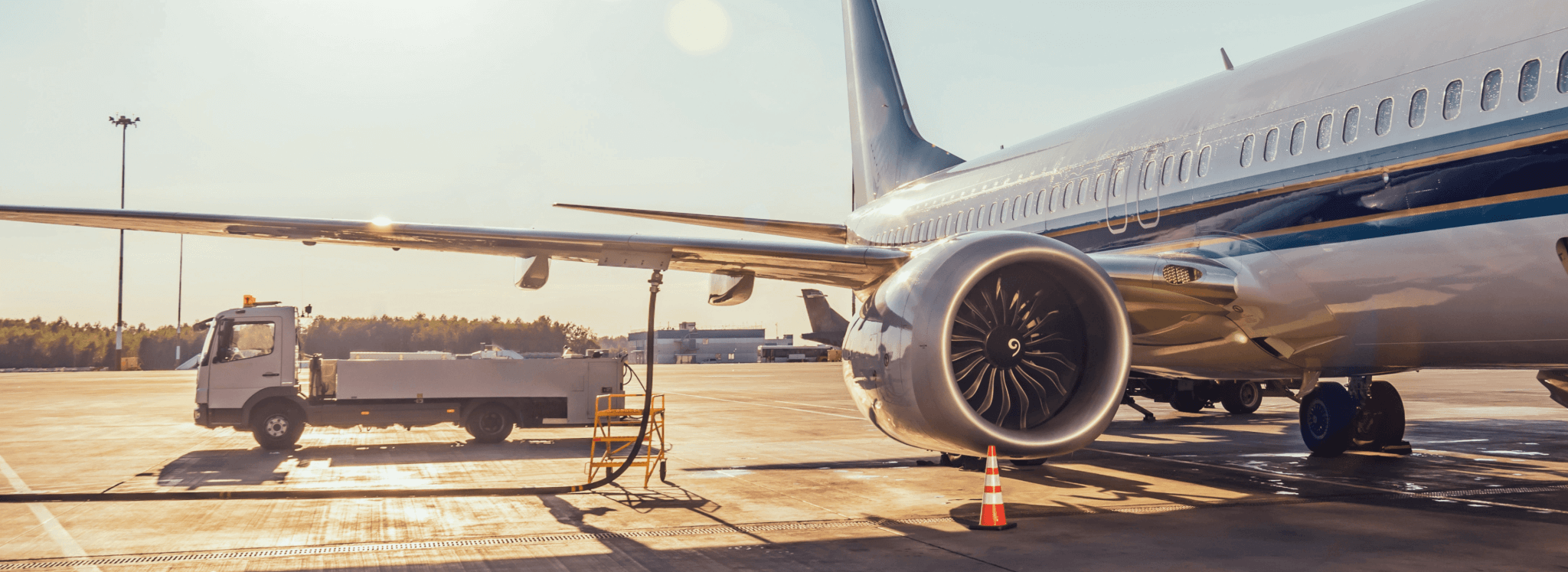
Covid-19 has brought civil aviation to an inflection point. A precipitous drop in demand, continued reluctance of many leisure travelers to fly, and growing awareness among customers of the need to cut greenhouse gas emissions have all thrown a cloud over the future of passenger aviation. Meanwhile, new research reveals that aviation accounts for roughly 3.5% of human-driven climate impacts. These developments present enormous challenges and equally enormous opportunities for the industry to chart a path toward civil aviation achieving net-zero greenhouse gas emissions by 2050.
Sustainable aviation fuels
One key component on that path is a dramatic increase in sustainable aviation fuel (SAF) production and use. Fuels that have significantly reduced lifecycle emissions compared to traditional fossil fuels and comply with comprehensive environmental safeguards offer a way for the aviation industry to decarbonize rapidly and permanently.
SAF can be produced using a variety of renewable sources and waste feedstocks. To date, the uptake of sustainable fuels has been limited due to lack of supply and high production costs, but the capacity exists to ramp up production in the near-term. Because they burn more cleanly than fossil fuels, high-integrity SAF could also cut air pollution around airports, benefitting the health of people who live and work nearby. This may also help reduce the effects of non-CO2 emissions such as nitrogen oxides gases, water vapor, and soot, which all contribute to climate change.
A step in the right direction
The adoption in 2019 of the Carbon Offsetting and Reduction Scheme for International Aviation (CORSIA) by the United Nations’ International Civil Aviation Organization (ICAO) means that, at the international level, there is already a strong framework for sustainable fuels that became operational as of January 2021.
The recent decision by the ICAO Council to adopt the full list of SAF sustainability criteria further strengthens this framework. Agreement on sustainability criteria represents a major milestone for ICAO and the environmental community alike. The International Coalition for Sustainable Aviation (ICSA), a coalition of NGOs, played a leading role in delivering this outcome, but this outstanding achievement is still far from its final destination. The sustainable aviation fuels framework needs to continue to improve seamlessly, while resisting attempts by reluctant countries, airlines, and alternative fuel producers to water down environmental safeguards.
National actions complement global efforts
The CORSIA framework can enable the scale-up of sustainable fuels, if paired with effective national policies that generate the needed economic incentives. However, substantial work remains to improve many national policies to ensure that the incentives are directed to high-integrity SAF, rather than to lower-quality alternatives that make environmental problems worse.
In the interim, air carriers and large corporations committed to net-zero emissions can play a key role in pressing their peers to embark on the transition to net-zero flight, and by helping to shape strong national SAF policies. Most policies in this area are flawed in three key ways:
- They allow all biofuels to claim zero climate impact, even though some of these fuels are worse than fossil fuels, when accounting for both direct and indirect emissions.
- They allow fuels to be called “sustainable” even if their production hurts ecosystems and communities.
- And they allow “double counting,” when different parties can claim credit for a single set of emission reductions, undermining climate ambition.
The CORSIA framework for sustainable fuels corrects most but not all of these errors. Countries aiming to reduce the climate impact from aviation have an opportunity to build on the work done by ICAO to develop a framework for assessing emissions reductions from the use of SAF. By crafting robust national sustainable fuel policies, countries can channel investment toward high-integrity SAF and create a strong foundation for airlines, air carriers, and fuel producers to build on.
Philanthropy’s role
Philanthropy needs to play a key role in supporting NGO and civil society pressure on the aviation industry to decarbonize completely, keeping in mind that SAFs are just one near-term solution and that strategies focusing on demand reduction and carbon pricing will need to scale in tandem.
As it recovers from the impact of a global pandemic and plans for how to navigate a changing climate, the aviation sector has a blue-sky opportunity. This is a pivotal moment to jump-start the journey to net-zero aviation by further improving ICAO’s framework for sustainable fuels and shaping strategic national policies that support high-integrity SAF. If we successfully leverage these critical opportunities, we can put aviation on a new flightpath to reduce its climate impact and air pollution, protecting ecosystems and communities.


